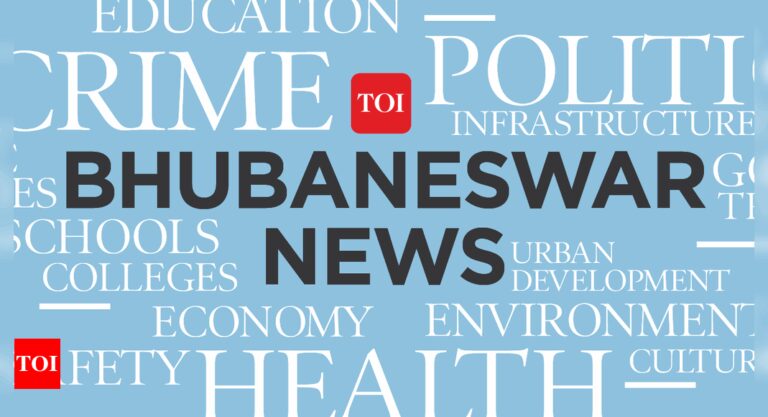UDF Forum Demands Chancellor Withdraw Controversial Private Registration Courses at Kannur University
Kannur University’s Private Registration Courses Under Fire: UDF Senate Members Demand Action
In a decisive move that has sent ripples through the educational landscape of Kerala, a forum of UDF-affiliated Senate members at Kannur University has formally urged Governor Rajendra Vishwanath Arlekar, who also serves as the Chancellor of the university, to annul a notification dated May 22, which invites applications for private registration courses. The contention is that the university’s actions defy University Grants Commission (UGC) regulations as well as state laws, potentially jeopardizing the educational futures of countless students.
Allegations of Misconduct and Overreach
The forum, convened by Shino P. Jose, has labeled the continuation of private registration courses as a serious offense. In his correspondence, Jose pointed out that degrees conferred under this mode are at risk of being deemed invalid, thus imperiling the academic and professional prospects of those enrolled.
-
Historical Context: Kannur University had previously halted its distance education programmes after failing to meet the National Assessment and Accreditation Council (NAAC) grade criteria outlined by the UGC, raising questions about its current academic integrity.
- Ongoing Issues: Despite this setback, reports have surfaced indicating that the university has been conducting private registration programmes for five years, a method of instruction that is not officially sanctioned by the UGC.
Regulation Clarity: UGC Guidelines
Specifying the precise parameters governing course delivery, the UGC (Open and Distance Learning and Online Programme) Regulations Act of 2020 identifies only three recognized methods of education:
- Regular Courses: Traditional classroom-based instruction.
- Open and Distance Learning: A more flexible learning structure that allows students to learn through various modes without being physically present.
- Online Programs: Completely digital course offerings that facilitate learning through the internet.
The forum has underscored the fact that any educational mode not captured in this framework lacks legitimacy. In a significant submission to the Kerala High Court, the UGC reiterated their stance that private registration is not an approved educational pathway, solidifying the forum’s claims against the university’s current offerings.
The Breach of Trust: Implications for Students
Beyond the legal and regulatory violations, there lies a fundamental breach of trust between the university and its student body. Enrolled students may find themselves at significant risk, potentially holding degrees that lack value in the job market. This situation raises pivotal questions about the responsibilities of educational institutions in maintaining transparency and ethical oversight over academic programs.
- Student Concerns: Enrolled students could face two major challenges:
- Alleged invalidity of degrees: If degrees are rendered worthless, students may struggle to secure job placements or further educational opportunities.
- Financial Implications: Students may have invested substantial tuition fees without the guarantee of a legitimate qualification.
A Call for Immediate Action
The UDF Senate members’ letter comes at a critical juncture, as students, educators, and policymakers await a response from the Governor’s office. The forum has made it clear that they expect swift action to align the university’s policies with UGC regulations and uphold the academic standards expected from higher educational institutions.
Furthermore, they advocate for:
- A thorough investigation into the university’s current academic practices.
- A review of the impact on current and prospective students enrolled in private registration courses.
- An official statement from the university clarifying its position and future plans regarding distance education programs.
Conclusion: The Way Forward for Kannur University
As the situation develops, the implications for Kannur University and its students cannot be understated. With educational integrity under scrutiny and a growing demand for accountability, the university must act decisively to rectify any oversights. The UDF’s stance represents a broader movement for ensuring quality education in Kerala, as stakeholders demand adherence to national standards that protect the interests of students.
In a rapidly evolving educational landscape, where student welfare and state policies must align, Kannur University’s response will serve as a significant determinant of its credibility and trustworthiness moving forward. The issue reflects a wider concern in India’s education system, where adherence to regulatory standards is crucial for maintaining the quality and value of academic offerings in an increasingly competitive job market.






